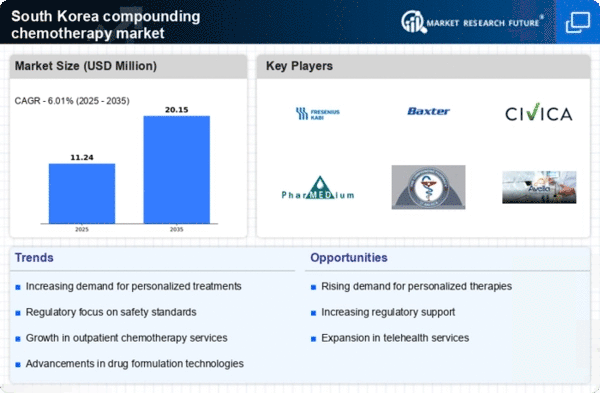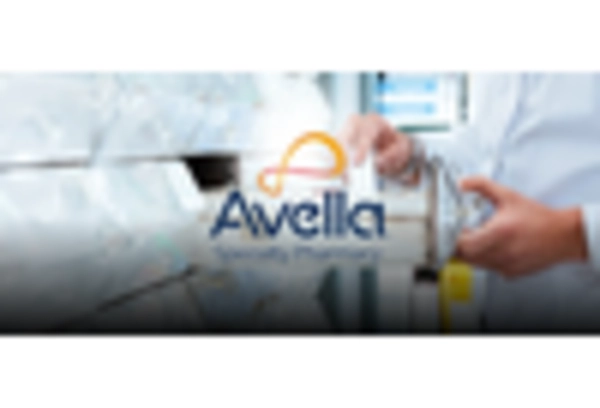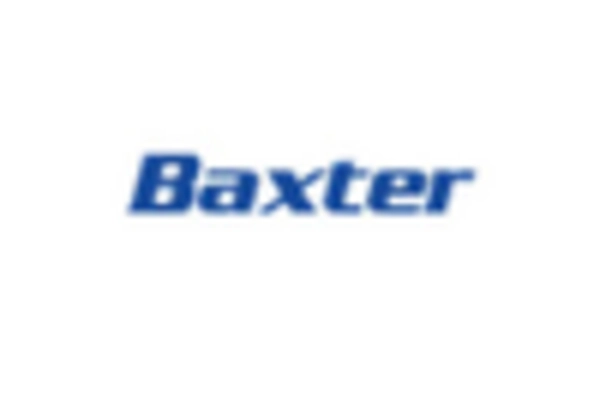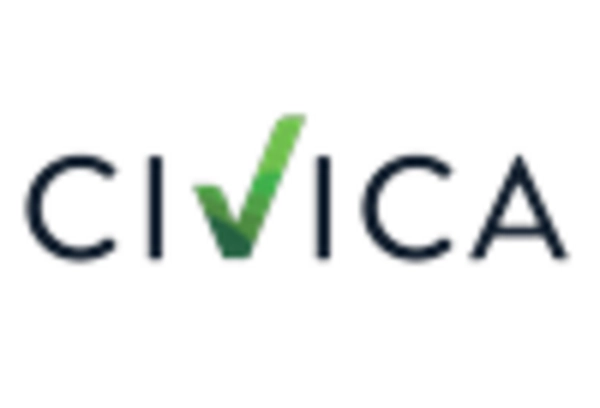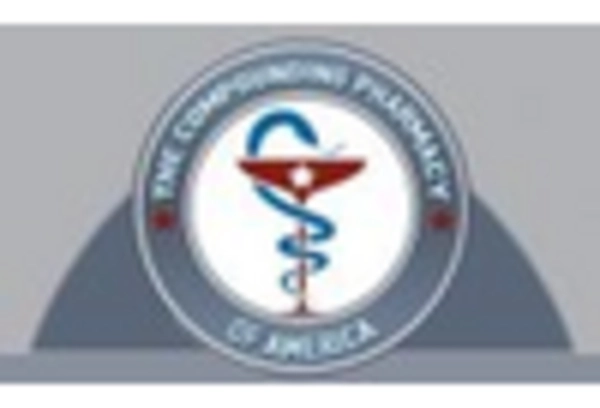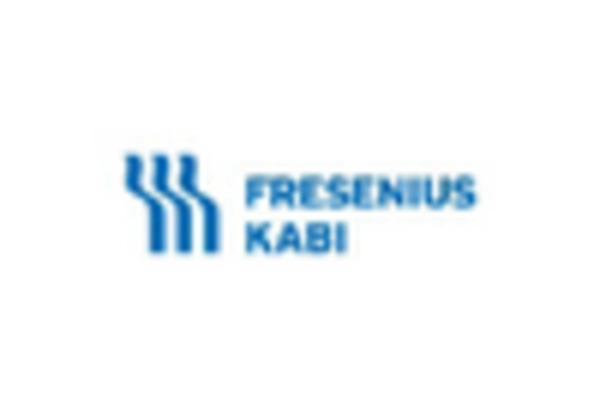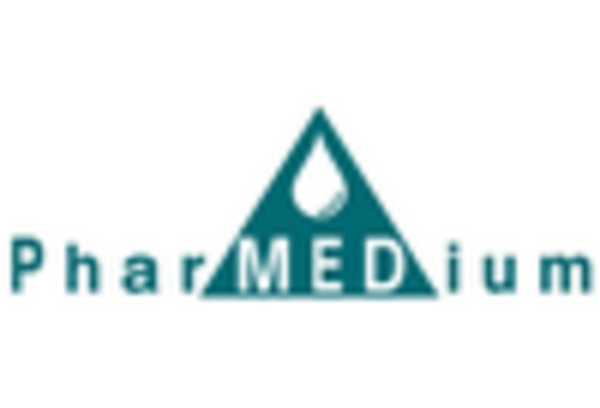Rising Cancer Incidence
The increasing incidence of cancer in South Korea is a primary driver for the compounding chemotherapy market. According to the Korean Central Cancer Registry, cancer cases have been on the rise, with an estimated 250,000 new cases reported annually. This surge necessitates a greater demand for customized chemotherapy solutions, as patients require tailored treatment regimens. The compounding chemotherapy market is thus positioned to meet this growing need, providing specialized formulations that cater to individual patient profiles. As healthcare providers seek to enhance treatment efficacy, the market is likely to expand, driven by the urgent requirement for innovative and personalized therapeutic options.
Increased Focus on Patient-Centric Care
The shift towards patient-centric care in South Korea is driving the compounding chemotherapy market. Healthcare providers are increasingly recognizing the importance of individualized treatment plans that consider the unique needs of each patient. This trend is reflected in the growing demand for compounded medications that can be tailored to specific cancer types and patient responses. The compounding chemotherapy market is adapting to this paradigm by offering customized solutions that enhance treatment outcomes. As patients become more involved in their treatment decisions, the market is likely to see a rise in the adoption of personalized chemotherapy options, further propelling its growth.
Advancements in Pharmaceutical Compounding
Technological advancements in pharmaceutical compounding are significantly influencing the compounding chemotherapy market. Innovations in compounding techniques and equipment have improved the precision and safety of drug formulations. For instance, the adoption of automated compounding systems has enhanced the accuracy of dosages, reducing the risk of human error. This evolution in the compounding chemotherapy market is crucial, as it allows for the creation of complex formulations that are essential for effective cancer treatment. Furthermore, the integration of quality control measures ensures that compounded medications meet stringent safety standards, thereby fostering trust among healthcare providers and patients alike.
Growing Demand for Home Healthcare Solutions
The increasing demand for home healthcare solutions in South Korea is influencing the compounding chemotherapy market. As patients seek more convenient treatment options, compounded medications that can be administered at home are becoming increasingly popular. This trend is particularly relevant for cancer patients who may prefer to receive treatment in a familiar environment. The compounding chemotherapy market is responding to this demand by developing formulations that are suitable for home use, ensuring that patients have access to effective therapies without the need for frequent hospital visits. This shift towards home healthcare is likely to drive market growth, as it aligns with the evolving preferences of patients and their families.
Regulatory Support for Compounding Practices
Regulatory support for compounding practices in South Korea is a significant driver for the compounding chemotherapy market. The government has implemented guidelines that facilitate the safe and effective compounding of medications, ensuring that patients receive high-quality treatments. These regulations not only promote the integrity of compounded drugs but also encourage pharmacies to invest in compounding capabilities. As a result, the compounding chemotherapy market is experiencing growth, as more healthcare facilities are empowered to provide customized chemotherapy solutions. This regulatory environment fosters innovation and enhances the overall quality of care delivered to cancer patients.


